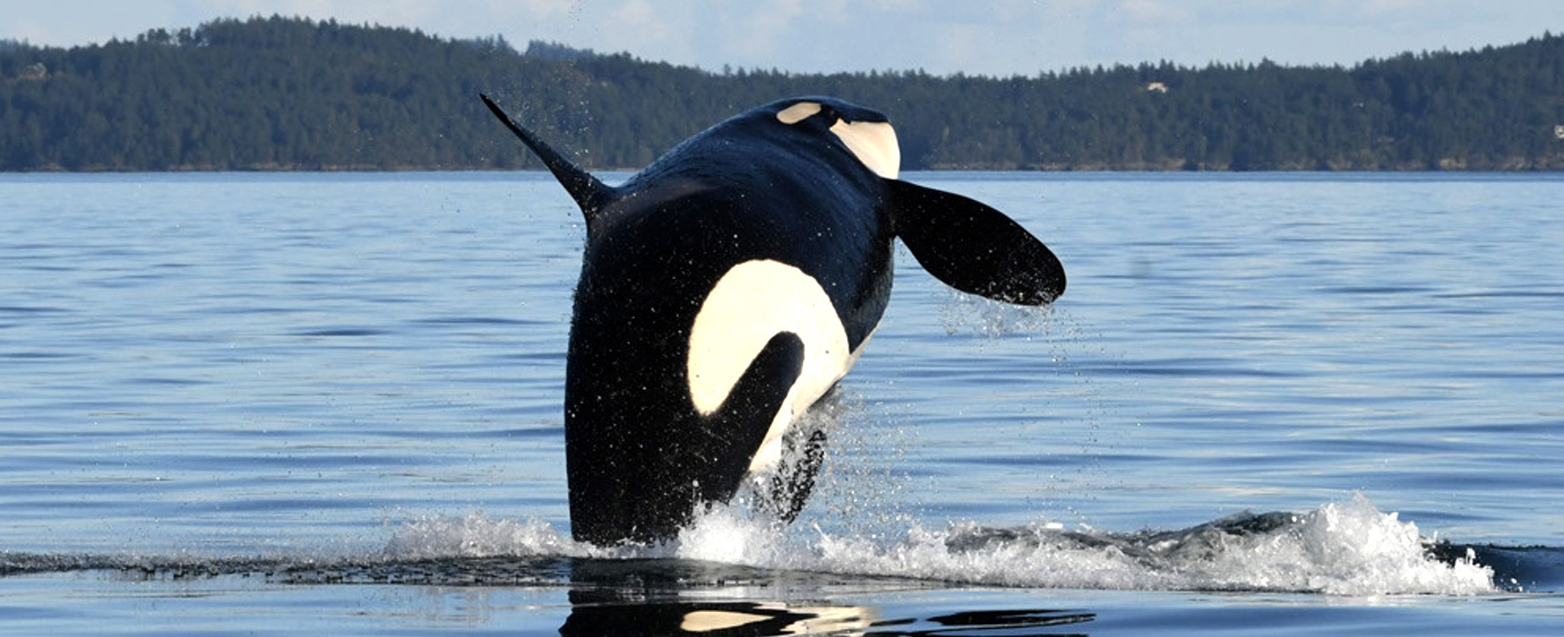Legislative work
Our Spills Program is currently conducting studies and engaging with partners under legislation from 2018 and 2019. This work focuses on reducing threats to southern resident killer whales and improving data analysis, safety of vessel traffic in the Salish Sea, and readiness to respond to spills of heavy oils.
Tug escort rulemaking and related projects
We are working with the Board of Pilotage Commissioners (BPC) to adopt rules requiring tug escorts for certain oil-laden vessels in Puget Sound.
Oil spill risk modeling
We developed and will maintain an oil spill risk model to evaluate current and potential future oil spill risk.
Salish Sea Shared Waters Forum
The goal of these meetings is to work with our Canadian partners to address common issues in the Salish Sea related to oil spill prevention, preparedness, and response.
Synopsis of vessel activities
In 2019, the Legislature passed ESHB 1109, which directs Ecology’s Spill Prevention Program to produce a synopsis of current maritime vessel activity, navigation lanes, and anchorages. This report is available at Report to the Legislature - Vessel Activity Synopsis: Maritime activity in the Northern Puget Sound and Strait of Juan de Fuca (wa.gov).
Reporting requirements for crude oil movement by rail and pipeline
ESHB 1578 and ESSB 5579 expanded reporting requirements for regulated facilities, pipelines, and Ecology, and placed statutory limits on the vapor pressure of crude oil that can be loaded or unloaded into or from a rail tank car by facilities.
Vessel advance notice of transfer (ANT) updates
We require transfers of oil over water to be reported to our advance notice of transfer (ANT) System. Legislation requires new information be added on crude oil type, gravity, and region.
Contingency plan updates
In January 2019, we initiated rulemaking to update oil spill contingency plan standards in order to implement requirements for oils that may submerge or sink in water.
Geographic response plan (GRP) updates
We've begun to update geographic response plans (GRPs) to identify water column and subsurface resources that could be harmed by oils that submerge or sink.
Spills Program Activity and Funding Report
We submitted the Activity and Funding Report to the Legislature on July 1, 2020. This report is published and can be found here: https://apps.ecology.wa.gov/publications/summarypages/2008009.html.
Related links
- ESHB 1578 (2019), Reducing Threats to Southern Resident Killer Whales by Improving the Safety of Oil Transportation Act
- ESSB 5579 (2019), Concerning the Volatility of Crude Oil Received in the State by Rail Act
- ESHB 1109 (2019), state operating budget
- E2SSB 6269 (2018), Strengthening Oil Transportation Safety Act
- ESHB 1136 (2017), state supplemental operating budget
Contact information
Jase Brooks
Legislative/Strategic Policy Analyst
jase.brooks@ecy.wa.gov
360-951-9490


